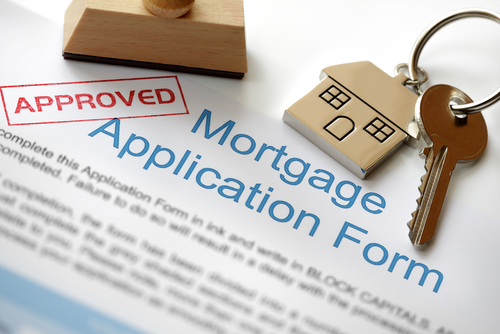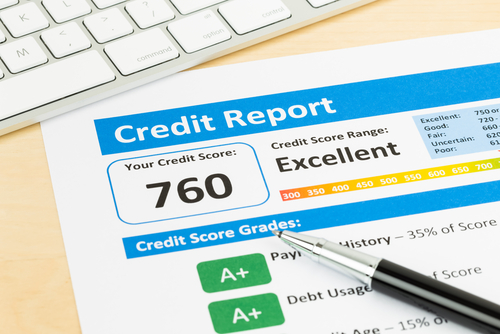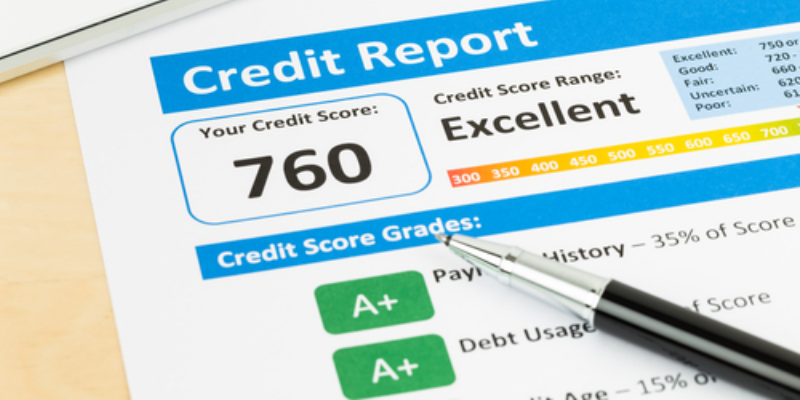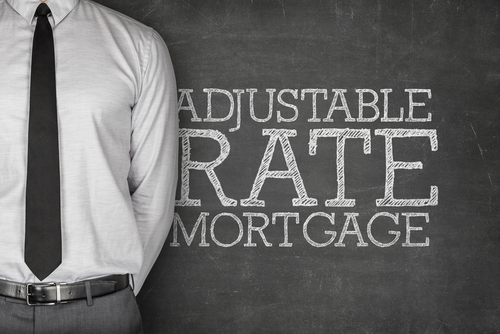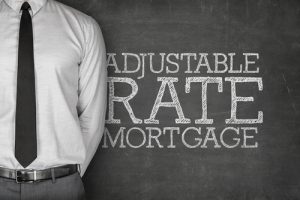
When thinking about buying a home, you should take the time to examine your finances closer than you ever have – because the mortgage underwriter will be looking at them even more closely. It’s their job to evaluate your income, credit score, and assets to make sure you’re a good candidate for a loan.
For this reason, it is imperative that you do nothing to make the mortgage company question your ability to repay them. To demonstrate that you’re the ideal loan candidate, here are some things you should avoid doing during the mortgage process.
Making Large Purchases or Lifestyle Changes
Qualifying for a mortgage means that the lender has to be completely sure that you’ll pay them back. Because of this, they will keep an eye on your spending habits. Refrain from making sizable purchases or serious financial decisions until you’ve closed on your home. Even if your budgeting is perfect and you’re able to afford a new car, that purchase can make your underwriter question your ability to afford your monthly mortgage payments.
Avoid major lifestyle changes as well, such as quitting your job. A career change or anything that may put a strain on your financial health would be a red flag to your underwriter.
Forgetting Important Paperwork
It is common for family members to want to help out with the down payment or closing costs. However, it is important that you speak to your Loan Officer to make sure that such financial assistance qualifies in the eyes of the underwriter. Most importantly, money from a family member must be considered a gift rather than a personal loan. Additionally, your donor will need to complete a gift letter (ask your Loan Officer for this form), explaining their relationship to you, their address, the amount of money gifted, and a statement saying the donor is not expecting the money to be repaid.
Changing Your Credit
This almost goes without saying, but don’t make any drastic changes to your credit. During this time, don’t open up any new credit cards or lines of credit, and don’t close any out, either. Both actions can negatively affect your credit score, and you want it to be as high as possible when applying for a home loan.
Opening a new line of credit creates an inquiry on your credit report, which can lower your score. Any charges on your new credit card can negatively affect your debt-to-income ratio, which is a figure that underwriters look at closely.
Instead of closing out credit accounts, simply continue to pay them off monthly like you normally would. This allows you to keep your credit open and your credit score high. Closing credit accounts can be dangerous as it lowers your amount of available credit, making any remaining debt take up a larger percentage of the remaining limit, which can seriously hurt your credit score.
Let Us Help
No matter how you choose to find and buy your dream home, Butler Mortgage is here to help. We have been helping Central Florida families like yours get the financing they need for more than 20 years. We can help you find the perfect mortgage for your needs and qualifications. For questions, or to speak with one of our representatives, call us today at 407-931-3800.



